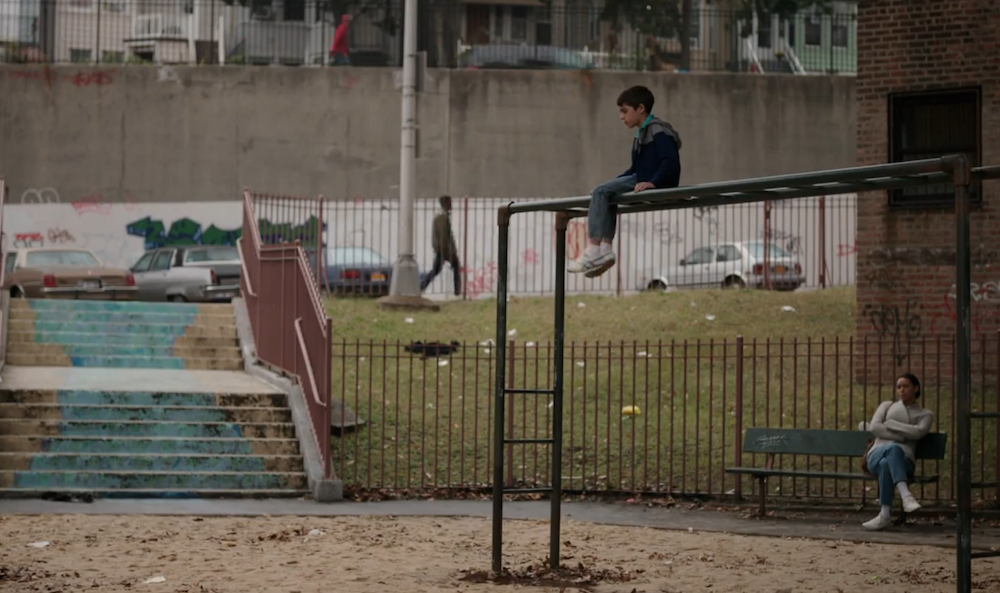Broke

A few days ago, I read Spencer Hall’s “Broke” in Every Day Should Be Saturday, in which he describes what it was like to grow up in a family that always seemed to be living on the financial edge while weaving in an argument that college football players should be paid (EDSBS is a sports site, after all).
Here’s a section that stuck with me:
My parents ran a photo shop for a while. Like most small businesses, we made little to no money. My mom’s battered Toyota station wagon refused to die. I suspect debt floated a lot of what we were doing. I remember one day going into my parents’ bathroom and seeing a note tacked to the mirror listing financial goals for the next year. One stood out in all caps: PAY OFF DEBT. It was one of those little things you’re not supposed to see as a kid, one of the tethers to the balloon that your parents are fighting like hell to keep lashed to the ground.
And even as a kid, you know you’re not supposed to see it, or the tax return on the table that listed the income you could look up at the library the next day. The library said that income was definitely not in the top 50th percentile, or anywhere close to it. The library kind of wondered how you didn’t notice that you were broke, especially when living in one of the wealthiest counties in the United States. The library also wondered why you were checking out Sophie’s Choice repeatedly if not for the graphic sex scenes, but sure, it also wondered how you, being an incredibly self-conscious teenager with antenna constantly raised for the faintest slight, weren’t aware that you were broke.
As an adult it’s terrifyingly easy to retroactively create that feeling. It’s the one you live in as a parent, where you wonder how the hell you will feed these people for the next decade and a half, or how you’ll afford the things they need. It’s the part of you that knows you will have to explain to them that no, they can’t have something, and the reason they can’t is your inability to give it to them, rationale and economics be damned. It’s the part that realizes that your parents were making it up, too, driven by fear, insomnia, and the brute ugliness of economic survival. They had to take you along for all of it because they had no choice.
It stuck with me because I also remember being a kid who was unaware that my parents were living on the edge. I was unaware of it when my family lived in a room at my uncle’s house, and I was unaware of it when my parents upgraded our family of five into a one-bedroom apartment in a not-so-great-neighborhood. Some of it was childhood naiveté — the kids I played with in the apartment complex were all in the same situation, so what were we to know? — but much of it was also derived from my parents ability to put a veil over our true circumstances. But the veil eventually came off, and I experienced a specific kind of coming of age — the kind where it becomes very clear to you that the life that your parents are providing for you is not ideal; the kind where you learn what it means to be broke and in debt because of a lived experience. Like Spencer Hall’s family, my family didn’t always stay broke. But those feelings and memories don’t ever really fade away.
Support The Billfold
The Billfold continues to exist thanks to support from our readers. Help us continue to do our work by making a monthly pledge on Patreon or a one-time-only contribution through PayPal.
Comments